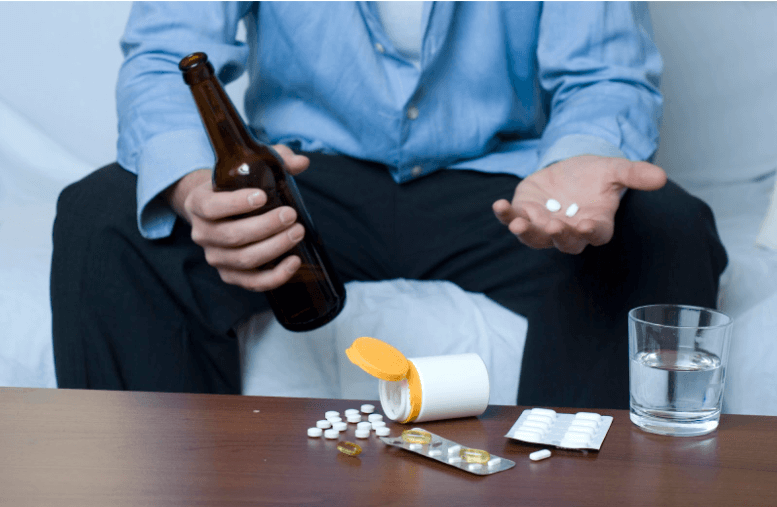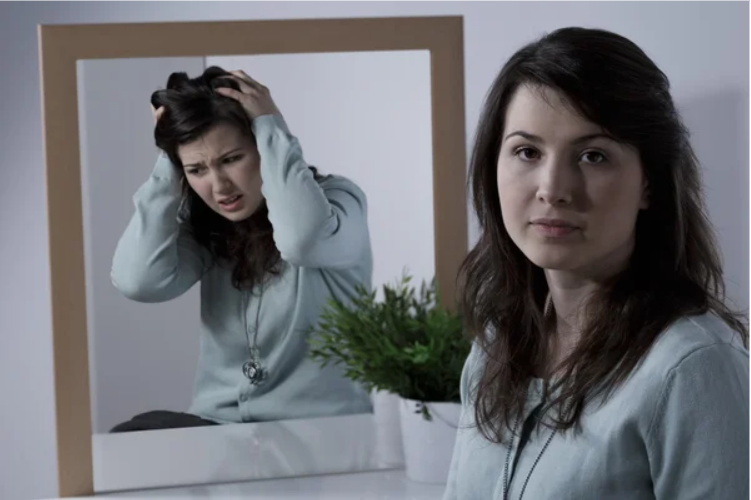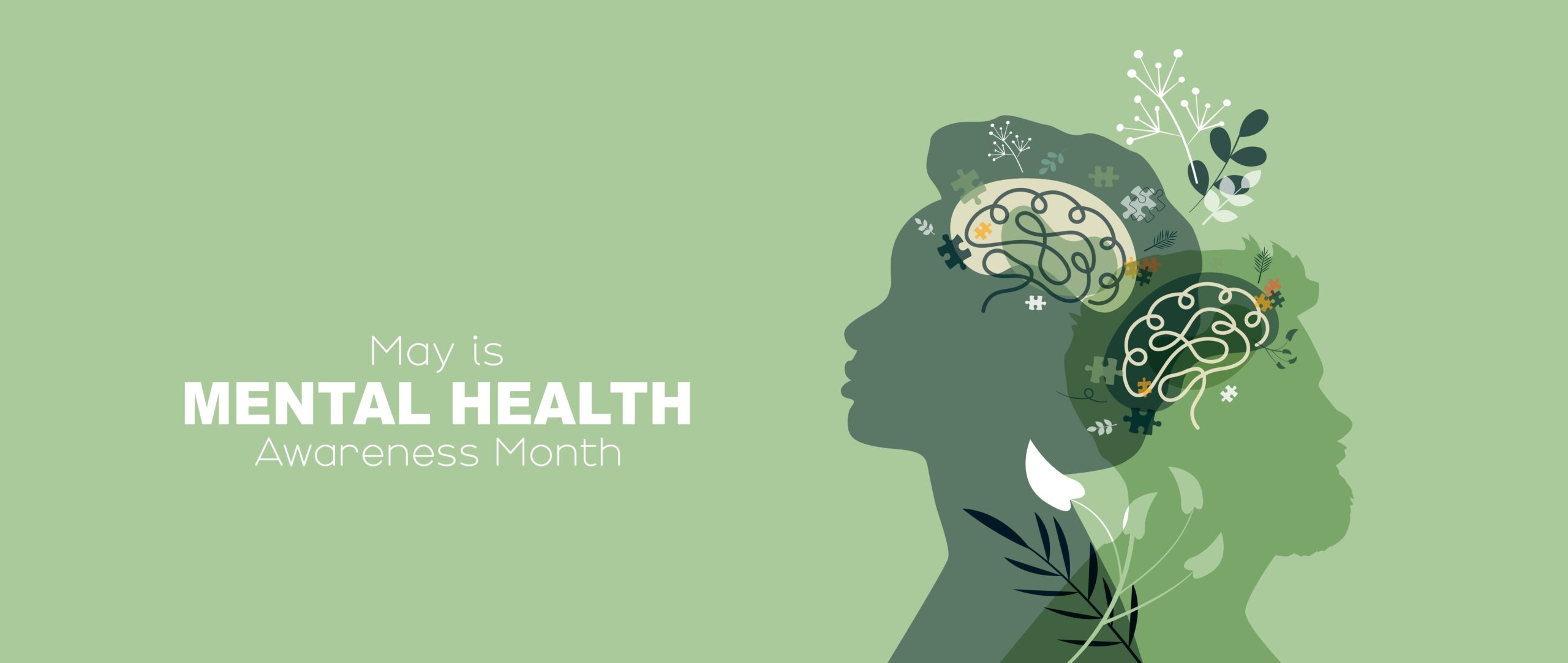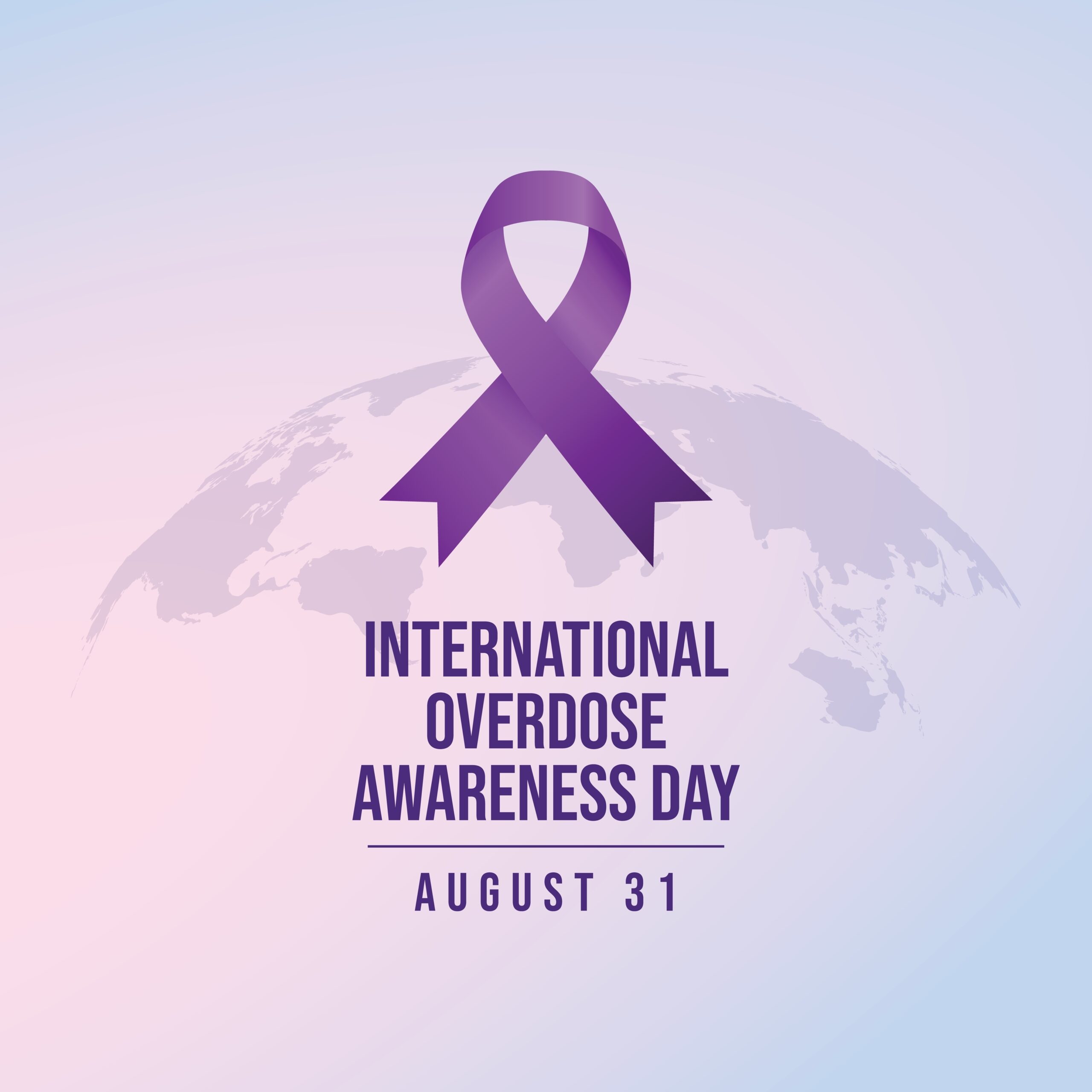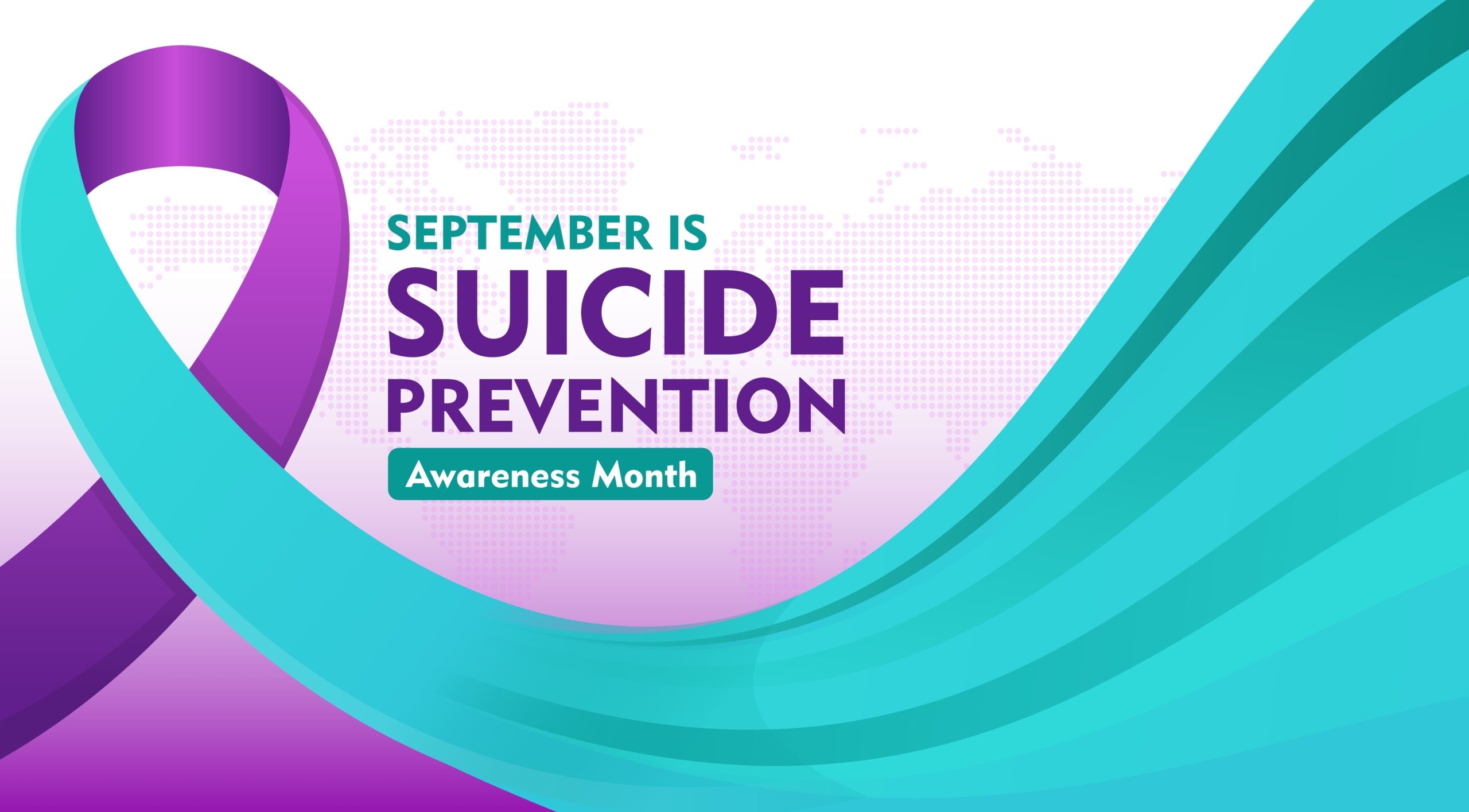Our personality is what makes us who we are. It’s the intricate, unique blend of thoughts, feelings, and behaviors that defines our outlook on the world and our way of interacting with others. But what happens when these patterns of thinking and behaving are so rigid, inflexible, and unhealthy that they cause significant distress and conflict in nearly every area of life?
This is the reality for individuals living with Personality Disorders.
These conditions are more than just “being difficult” or “having a quirk.” They are deeply ingrained, pervasive conditions that can make maintaining relationships, succeeding at work, and finding personal peace feel like a constant uphill battle. For many, these struggles also become entangled with substance use as a way to cope, creating a complex web that is difficult to untangle alone.
We believe that understanding is the first step toward compassion and recovery. In this post, we will explore the different types of personality disorders, their common symptoms, and how effective personality disorder treatment can pave the way for healing.
What is a Personality Disorder?
A personality disorder is a type of mental health condition characterized by an enduring, unhealthy, and inflexible pattern of inner experience and behavior. This pattern deviates markedly from the expectations of the individual’s culture, is pervasive across a broad range of personal and social situations, and leads to clinically significant distress or impairment.
These patterns typically emerge in adolescence or early adulthood and remain stable over time. One of the greatest challenges in identifying Personality Disorders is that they are often “ego-syntonic.” This means the person experiencing the disorder may not see their own thought patterns or behaviors as the problem. They may feel that the world and the people in it are the ones who are unreasonable, which can make them hesitant to seek mental health treatment.
This internal friction and external conflict often lead individuals to seek coping mechanisms, and substance use is a common one. This co-occurrence of a substance use disorder and a personality disorder requires a specialized, dual-diagnosis approach to treatment.
What are the Different Types of Personality Disorders?
The most common framework used by mental health professionals, based on the Diagnostic and Statistical Manual of Mental Disorders (DSM-5), groups the 10 types of personality disorders into three categories, or “clusters,” based on shared characteristics.
Cluster A | The “Odd or Eccentric” Cluster
Individuals with these disorders often appear unusual or withdrawn. This cluster includes:
- Paranoid Personality Disorder: Characterized by a pervasive distrust and suspicion of others. A person with this disorder may assume that people are trying to harm, exploit, or deceive them, even when there is no evidence to support this.
- Schizoid Personality Disorder: This involves a persistent pattern of detachment from social relationships and a restricted range of emotional expression. They often prefer to be alone and seem to indifferently to praise or criticism.
- Schizotypal Personality Disorder: Marked by acute discomfort in close relationships, cognitive or perceptual distortions, and eccentric behaviors. They may have “magical thinking” (believing in superstitions or telepathy) or odd beliefs that are out of sync with cultural norms.
Cluster B | The “Dramatic, Emotional, or Erratic” Cluster
This cluster is characterized by behaviors that are dramatic, overly emotional, or unpredictable. These are some of the most widely known Personality Disorders.
- Antisocial Personality Disorder: A pattern of disregarding or violating the rights of others. This may present as deceitfulness, impulsivity, a failure to conform to social norms, irritability and aggressiveness, and a profound lack of remorse for one’s actions.
- Borderline Personality Disorder (BPD): Characterized by intense instability in interpersonal relationships, self-image, and emotions. People with BPD often experience a deep fear of abandonment, chronic feelings of emptiness, inappropriate anger, and impulsive, self-damaging behaviors (like substance abuse or self-harm).
- Histrionic Personality Disorder: Involves a pattern of excessive emotionality and attention-seeking. The individual may feel uncomfortable or unappreciated when they are not the center of attention and may use their physical appearance or dramatic behavior to draw focus.
- Narcissistic Personality Disorder (NPD): A pervasive pattern of grandiosity (in fantasy or behavior), a constant need for admiration, and a lack of empathy. They may have a strong sense of entitlement, believe they are “special,” and exploit others to achieve their own ends.
Cluster C | The “Anxious or Fearful” Cluster
Behaviors in this cluster are driven by high levels of anxiety, fear, and insecurity.
- Avoidant Personality Disorder: This disorder is marked by extreme social inhibition, feelings of inadequacy, and hypersensitivity to negative evaluation. Unlike someone with schizoid personality disorder, a person with avoidant PD deeply desires connection but is terrified of rejection or ridicule.
- Dependent Personality Disorder: Characterized by a pervasive psychological need to be taken care of by other people. This leads to submissive and clinging behaviors, a difficulty making everyday decisions without reassurance, and a fear of separation or being left to care for themselves.
- Obsessive-Compulsive Personality Disorder (OCPD): This involves a preoccupation with orderliness, perfectionism, and mental and interpersonal control, at the expense of flexibility, openness, and efficiency. (This is not the same as Obsessive-Compulsive Disorder, or OCD, which involves unwanted intrusive thoughts and compulsions. A person with OCPD sees their rigid perfectionism as a virtue.)
Personality Disorder Symptoms to Look For
While each of the types of personality disorders has its own unique diagnostic criteria, there are overarching Personality Disorder Symptoms that can signal a deeper, underlying pattern. A diagnosis can only be made by a qualified professional, like a psychiatrist, psychologist, or a Licensed Mental Health Counselor, but recognizing the general signs is a vital first step.
Common Personality Disorder Symptoms often manifest in four core areas:
- Distorted Thinking: Ways of thinking about oneself, others, and the world that are inflexible and detached from reality. This can include pervasive suspicion (Paranoid), “black-and-white” thinking (BPD), or grandiose beliefs about one’s own importance (Narcissistic).
- Emotional Instability: Difficulty managing emotions or responding in a way that is considered culturally appropriate. This might look like rapid mood swings, intense anger, a chronic feeling of emptiness, or a complete lack of emotional expression.
- Interpersonal Difficulties: Pervasive problems in relationships. This can range from being terrified of rejection (Avoidant), needing constant admiration (Narcissistic), being unable to trust anyone (Paranoid), or cycling through intense, unstable relationships (BPD).
- Impulsivity and Poor Control: Engaging in risky or self-destructive behaviors without considering the consequences. This is one of the most dangerous Personality Disorder Symptoms and frequently includes reckless driving, binge eating, spending sprees, and, most commonly, substance abuse.
This link between Personality Disorders and substance use is critical. The internal emotional pain — the emptiness, anxiety, intense anger — is so overwhelming that many individuals turn to drugs or alcohol to self-medicate. This is why effective personality disorder treatment must also address any co-occurring substance use disorder.
Finding Personality Disorder Treatment in Frisco, Texas
Recognizing that these enduring patterns are causing harm is a monumental and courageous step. The next, and most important, step is finding the right help. Because these disorders are complex and often co-occur with substance use, finding the right mental health treatment program is essential.
Not all mental health treatment centers are equipped to handle the complexities of dual diagnosis. Some may focus only on the addiction, while others focus only on the underlying mental health condition. At Aspire Recovery Center of Frisco, we know this approach doesn’t work. True, lasting recovery can only happen when we treat the whole person.
We are not just another Mental Health Clinic. We are a Texas state-licensed and nationally-accredited outpatient treatment program dedicated to providing exceptional care for individuals struggling with both substance use and mental health disorders. Our Intensive Outpatient Treatment Programs (IOP) are specifically designed to provide a higher level of care than traditional weekly therapy, giving you the structure and support you need while allowing you to maintain your work and family life.
Our team, which includes an expert Licensed Mental Health Counselor and other addiction specialists, understands the intricate relationship between substance use and Personality Disorders. We provide a safe, compassionate environment for you to heal, grow, and develop the healthy coping mechanisms you need to build a fulfilling life.
Start the Healing Journey Today | Aspire Recovery Center of Frisco
The 10 types of personality disorders represent a spectrum of human struggle, rooted in rigid patterns that were often developed as a way to survive. But these patterns are not a life sentence. While there is no simple “cure,” effective personality disorder treatment can and does lead to profound, positive change.
With the right therapy, support, and guidance from a Licensed Mental Health Counselor, individuals can learn to manage their Personality Disorder Symptoms, improve their relationships, and break free from the cycle of substance use. Healing is possible, and it starts with reaching out.
If you or a loved one in the Frisco, Texas area are struggling with the symptoms of a personality disorder, especially if substance use is part of the story, you are not alone. Aspire Recovery Center of Frisco is here to help.
Our expert dual-diagnosis team understands what you’re going through and has the expertise to guide you. Contact our mental health clinic to learn more about our Intensive Outpatient Programs and begin your recovery.
Frequently Asked Questions (FAQ)
Q. What are the 3 clusters of Personality Disorders?
The 10 types of personality disorders are organized into three clusters: Cluster A (the “odd or eccentric” cluster, including Paranoid, Schizoid, and Schizotypal), Cluster B (the “dramatic or emotional” cluster, including Antisocial, Borderline, Histrionic, and Narcissistic), and Cluster C (the “anxious or fearful” cluster, including Avoidant, Dependent, and Obsessive-Compulsive).
Q. What is the most effective personality disorder treatment?
Psychotherapy (or “talk therapy”) is the cornerstone of personality disorder treatment. A Licensed Mental Health Counselor will work with you to gain insight and develop new coping skills. Specific types of therapy, like Dialectical Behavior Therapy (DBT), have shown great success in treating Borderline Personality Disorder, while other models are used for different conditions.
Q. Why do Personality Disorders and addiction often co-occur?
Individuals with Personality Disorders often experience intense and painful emotions, chronic emptiness, or severe anxiety. They may turn to drugs or alcohol as a way to self-medicate these Personality Disorder Symptoms. This is why specialized mental health treatment centers like Aspire Frisco focus on a dual-diagnosis approach, treating both the substance use and the underlying personality disorder simultaneously.



